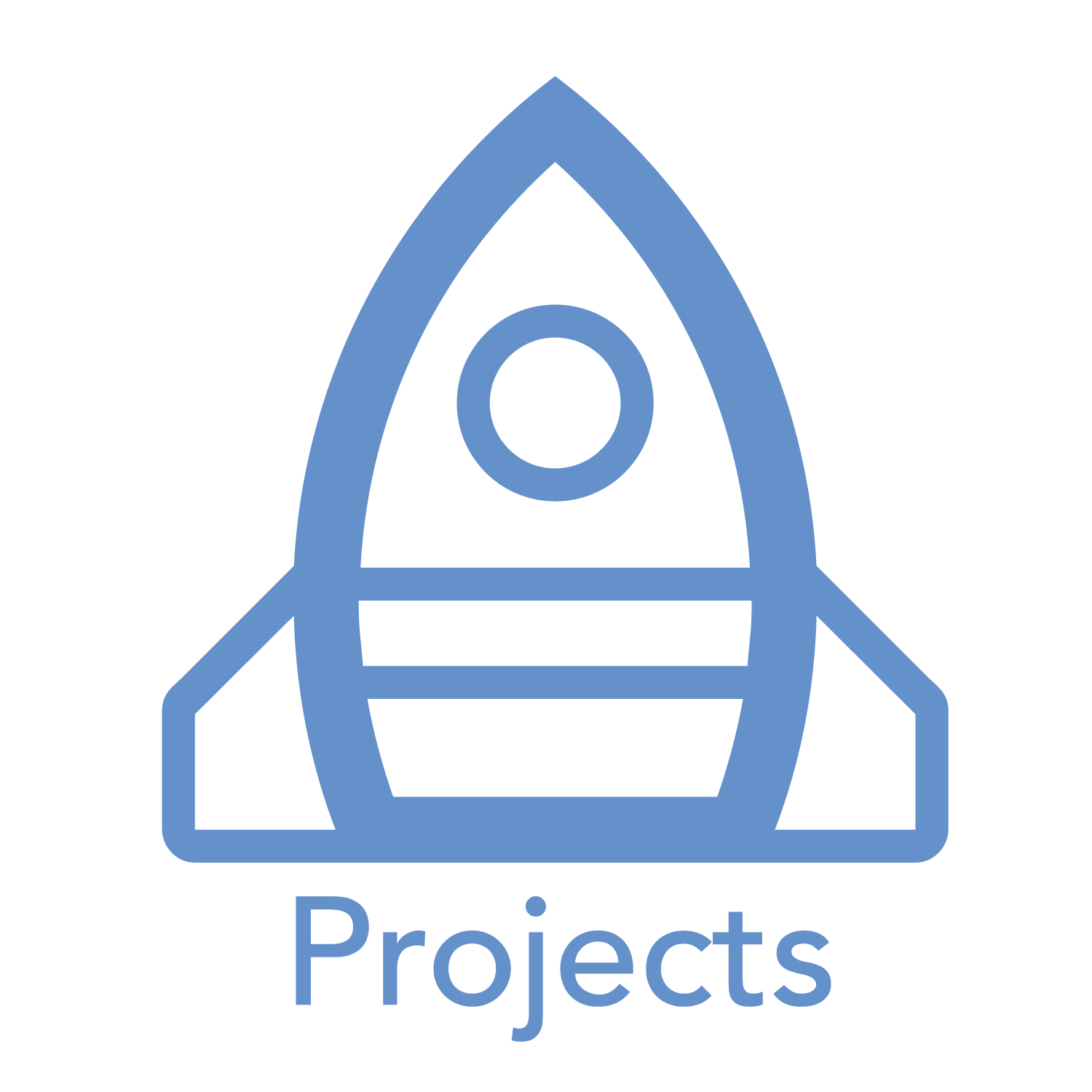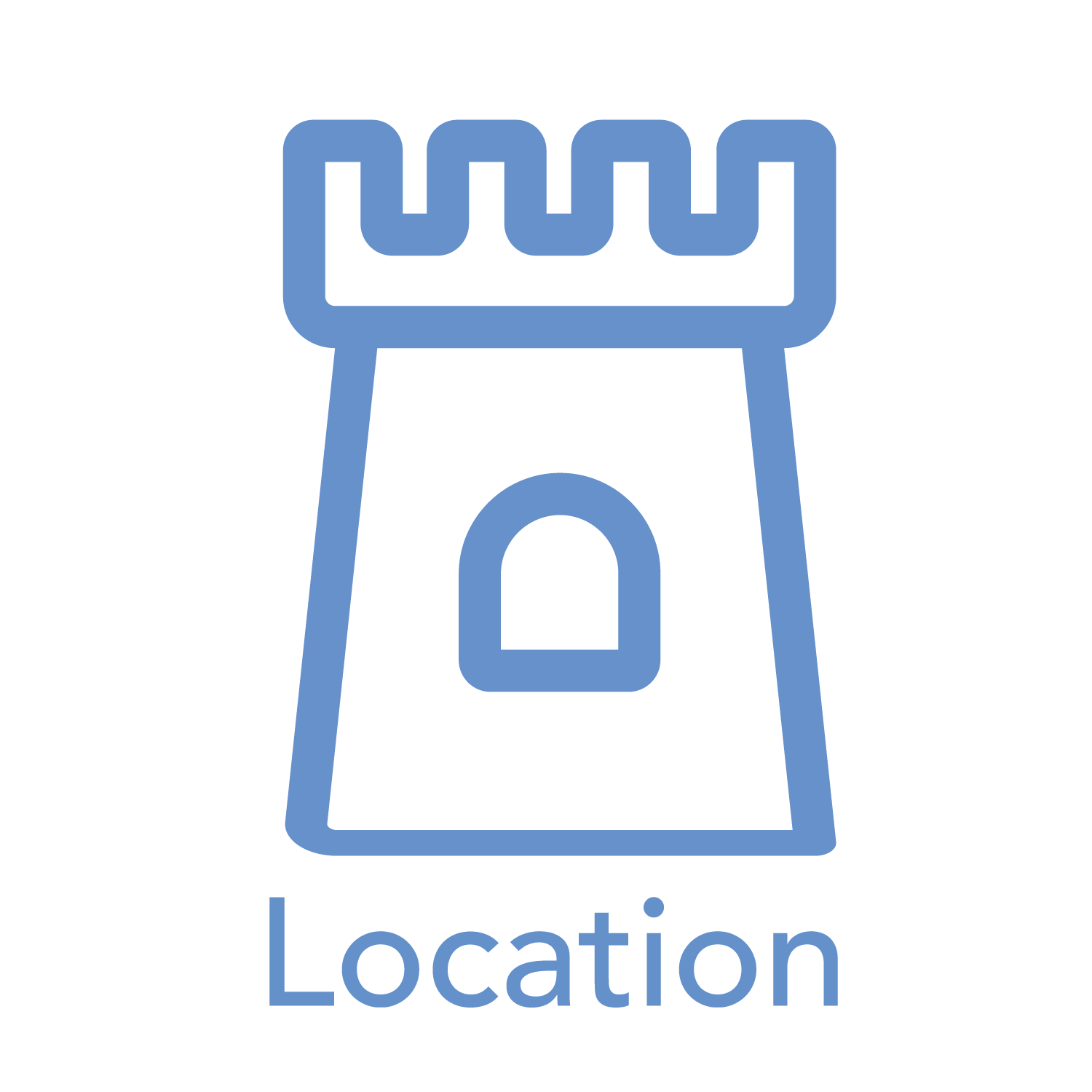Frequently Asked Questions
How does having multiple ages/grades in one classroom work?
It works quite well, thank you! Art, music, theatre, and especially interdisciplinary subjects all enable kids to thrive when taught in multi-age settings. As education expert Ken Robinson has pointed out, mainstream schools have unnecessarily become obsessed with sorting kids by grade "batch" or "date of manufacture," when the reality is (like everyone else) they live within a world with lots of ages and experience levels.
In our classroom: Older kids have lots to teach, passively and otherwise, and love to show off what they know. Younger kids have the same freedom to work on their own personal skills, while borrowing wisdom from older classmates when they prefer. Since we’re not a lecture/lesson based program, and instead let inquiry and interest drive the direction of our ‘work time’, there simply aren’t any issues with mixing ages.
How long can my child attend TDA?
TDA is designed for participants in the K to 5th grade age range, roughly 6 to 12.5 years old - but please note, the “right” age for TDA is entirely dependent on the learning style of each individual. For those seeking enrichment throughout the grade-school years, we’ve designed the curriculum for the entire elementary time period of K through 4th or 5th grade.
When children transition to a more "middle school" learning style (for example: working and socializing in groups, increased interest in project-based and experiential learning, and a narrower focus of subjects) we also offer the opportunity to apply for SPARK. SPARK is a one day/week program for kids who (most often) fall roughly within a 12 to 14.5 year old age range and show specific readiness for an upper-academy learning approach. If your child is currently enrolled in TDA, at mid-year we can provide an estimated age/ETA of SPARK-readiness.
What do you mean by child-centered classroom?
Our classroom and curriculum are designed to encourage inquiry and risk taking. As with Maria Montessori's original experiments, our room is a prepared environment: educationally, the room is loaded with potential lessons and surprises each month. Additionally, the furniture of the room is scaled for various elementary ages, and no part of the room is adult only. For example, there’s no teacher's desk in our room. Socially, the kids use the space to chat, play, work, joke, perform, build their cohort of friends, and learn. We also have access to several safe outdoor playground/park areas.
We set few parameters for the kids:
They must vote on their own class rules.
They must mindfully discuss with one another about any conflicts that come up.
They must stay in either the room or office during class time.
The room is filled with works and lessons: They are encouraged to try everything.
Additionally, the children have ownership over their space: they clean up after themselves, restock snack, sharpen pencils, re-shelve reading area books. In contrast to most educational spaces, adults do not simply walk through uninvited. Because this is their space, Three Dragons' kids are in charge of inviting & then hosting adults into the academy spaces, including the arcade/lobby and classroom. The kids are also their own producers and managers for any art gallery, music performances, or theatre performances.
So, in many ways, child-centered for TDA students means empowered personal responsibility.
Is TDA affiliated with any school associations, coalitions, or religious organizations?
Three Dragons Academy is proudly independent.
Because TDA is a unique experience and not a school, school associations wouldn't be a match. We are fully funded by fees and are therefore not restricted by Department of Education or grantor requirements. However, as we are artists and educators, we are members of several arts and youth advocacy groups, including the International Thespian Society (theatre education community member), USITT, Uptown Arts District, and Theatre Puget Sound. We also serve & support other organizations such as Seattle Youth Symphony Orchestras, YouthCare, Seattle Gilbert & Sullivan Society, Uptown Alliance, Uptown Arts & Culture Coalition, Youth Theatre Northwest, homeschool/unschool groups like the Homeschool Support Association and Seattle Homeschool Group. And we're members in good standing with the Society of American Fight Directors, as well as current advocate/members of the Performing Arts Alliance.
What kind of school is Three Dragons Academy?
As a matter of fact, we're not a school. Three Dragons Academy is a community made of part-time schoolers who are full-time learners. We’re considered an enrichment program or group arts lesson for K-8 children. We facilitate a learning group, very much like a group lesson/private music classes, or theatre workshops.
Three Dragons Academy is something entirely new: an original arts alternative, revolutionizing the school model and innovating to better provide what kids truly need. Parents have used both "unschool school" and "what school should be" to describe TDA. Quite by accident, we’re discovering that most things that mainstream schools refuse to do are the very features that make our program strong. TDA is teaching fine arts such as music, theatre, and art as a priority (while utilizing working professional artists and educators). In contrast to the mainstream/compulsory education model, our approach empowers kids to opt in to education.
TDA is also different in the following ways:
We put a variety of ages/grades together in one room
We do not take a punitive approach to attendance / we support parents deciding their kids’ schedules/attendance priorities
We openly communicate with parents at all times, rather than waiting for once-yearly conferences
We opt out of wasteful, competitive, and sometimes detrimental practices (such as mandatory homework, grading, discipline policies, sorting students by ‘grade level, and standardized tests)
We integrate rather than section-off arts & other subjects
TDA encourages kids to make music, to talk, to ask questions, and to move about the room rather than sit still and quiet. We chose to call ourselves an academy both to separate ourselves from the mainstream schools model, but also to give a very respectful nod to Plato’s original Academy—an open marketplace of ideas where learners, alongside guides/mentors, made thoughtful inquiries, and then with the input of the group, many could study, research, and discuss - in order to discover answers, together.





